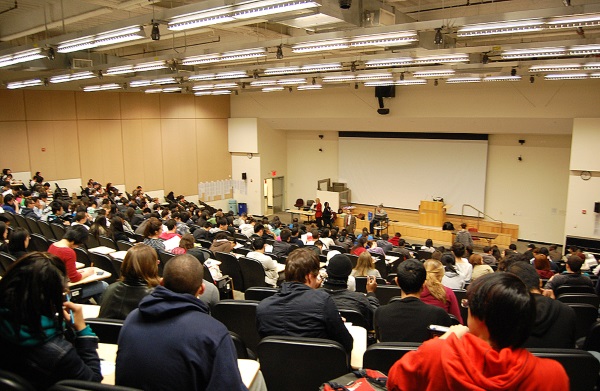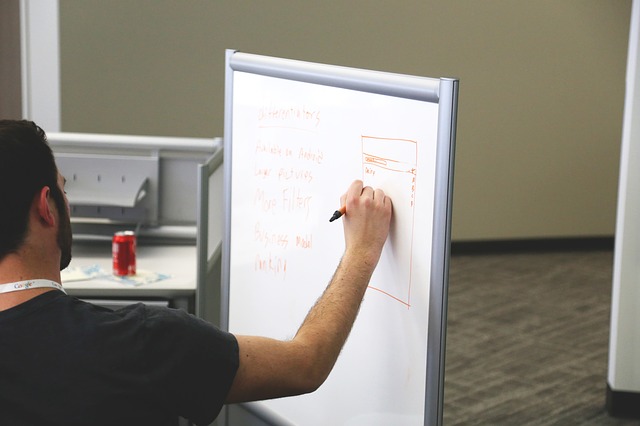What is Dyspraxia?
Dyspraxia is the lesser-known cousin of dyslexia that concerns sensory and co-ordination difficulty including:
- Organisation
- Perception
- Memory
And many other skills are vital to advanced study. It is no wonder that people with dyspraxia struggle academically, even when they are gifted.
If you have dyspraxia, you are probably already receiving help or have received help from the university, charity organisations or other groups designed to help you achieve your goals, but here we present some simple tips for your day-to-day life.

Ask For Extra Time
People with learning difficulties are entitled to ask for reasonable adjustments on an academic course. One of the most common reasonable adjustments will be extra time for exams and to complete academic coursework. However, you will need clinical proof such as a formal diagnosis organised through the university disability service.
Strategies for Memory
One of the key difficulties for people with dyspraxia is memory, particularly short-term memory. This can, in some cases, make study very difficult if a student has forgotten instructions just a few minutes after being given them.
You may worry about remembering what you are supposed to do for the project or what somebody has asked you to do. Email communication may be your friend and you should keep a notebook with you at all times. Don’t be afraid to ask your fellow students to email you suggestions or discussion details rather than phoning or skyping – chances are you will forget it. An email is a permanent record of the discussion.
Strategies for Study
Planning of academic work is a good strategy for any student, learning difficulty or not, but for people with dyspraxia it can be particularly essential. Get yourself a student planner so you can map out all your deadlines. Some students with dyspraxia use a diary which they keep with them at all times, others may choose a wall planner so they can see each of their deadlines and key dates- visual aids nearly always help.
Most smartphones have personal organisers, budgeting programmes, calendars, to-do list apps and so on. It’s easy to overlook such free apps or forget about them in favour of more expensive equipment. Sometimes, all it takes is a whiteboard and a good alarm clock.

Strategies for Lectures
Lectures can move very quickly; for the new student, they can take a lot of getting used to. For somebody who struggles with co-ordination, it is even more critical. A lecturer who is aware of your dyspraxia beforehand should always be willing to do all they can to help so make them aware of your difficulties. They may be willing to offer lecture notes, to slow down when delivering the lecture, or pause when requested.
It is a huge bonus that many use visual aids when lecturing to a group of students. If necessary, don’t be afraid to ask for a copy of the visual presentation (such as asking them to email you the PowerPoint presentation).